Three Organizing Opportunities in Gaming and One Golden Rule to Unlock Them
An encouraging little digital organizing nudge for 'interesting times'
Folks, this week we’re getting right into it.
Last month, I introduced a concept that I have taken to calling the Gaming Media Landscape, or GML.
As I said then:
The Gaming Media Landscape (GML) is the entire ecosystem of interactive platforms and channels that Gamers use to play, create, and communicate with one another — and what that ecosystem hosts.
Since then, I can’t leave my humble little PitaBreadFace abode without everyone — neighbors, strangers, PBF Fan Club members (shoutout to Pocket Squad) — asking me: but how do I apply this to my work?
I got you.
Here, within my grasp, are the three overarching opportunities that I have emerged with from the digital trenches.
Three awe-inspiring trailheads into the GML that activists, organizers, culture workers, and strategists should know.
My hope is that we can make some new common-sense out of something that feels experimental and organize ourselves in novel ways that better equip us for the “interesting times” we are all in.
GOLDEN RULE: The Most Cringe Thing You Can Be In The GML Is Not Yourself.
If at all possible, enter as an individual and embed yourself in the fandoms, lore, community formations, and message boards that resonate with you and your interests.
The easiest entry point to the GML is in being authentic.
If you have no idea what the final evolution of Bulbasaur is, please don’t enter the Pokemon chat. However, if you have binged HBO’s The Last of Us and wanted to post your cosplay of a “clicker” to a gaming sub-Reddit to start an argument, you may be onto something.
Blazing a new trail towards connection in the dense bot-ridden, hyper-polarized, cultural minefield that is the internet in 2025 requires an individual with a genuine passion, not your non-profit’s mission statement.
This is not to say there’s no room for organizations, or collectives, or a collective voice; there is room for all of those, or I wouldn’t be doing what I’m doing.
But collectives are made up of people. They have members. There aren’t many cheat-codes here, its all slow work, we have to organize and it takes time.
Launching into the GML with your own face-less company name or brand will only add to the slop we’re swimming in, draw suspicion, or just attract a generic advocacy-oriented audience that is only highly adept at speed-running every progressive petition imaginable.
1. Act Like Gamer Self-Interest Is Already On Your Side. Because It Is.
You are probably a gamer, even if you think you’re not. Yes, really.
And if you don’t realize that gamers hate a lot of the things you do, and love a lot of the same things you do, then this will feel devastatingly uphill and impossible.
Obviously, trying to quickly characterize ‘What Gamers Really Believe’ is kind of like trying to quickly characterize ‘What TV Watchers Really Believe’.
But when you check, say, mainstream Gaming Reddit, it’s virtually a cavalcade of the things I hear professional organizers bemoaning about day-to-day: corporations screwing over consumers and workers; an AI arms race where new uses are rolled out before they’re tested; even the beauty of solidarity and community-building beyond borders.
In some ways the Gaming Media Landscape is far more attuned to the miracles and miseries of daily life in 2025 than, for lack of a better phrase, the Non-Gaming Media Landscape.
Just to mention one example: enshittification, the corporate practice of making the internet worse to maximize profits.
Enshittification has come for virtually every aspect of our daily lives — and gaming is no different. Gamers are extremely predisposed to hate a lot of the same corporate and political actors that we are already taking aim at; if we don’t act on that opportunity, we are missing out.
I could list many more instances of gamers calling out the forces of evil we all rally against — microtransactions, internet censorship, and worker exploitation are just a few.
2. Show Up in the Digital Worlds Where People Are, Especially In Big Cultural Moments.
It’s easy to forget that gaming, and the GML and online spaces in general, and are all, in fact, taking place here, on Earth.
But gamers realize that. That’s why, right now, kids on Roblox are doing more to draw attention to Trump’s deportation machine, and show Palestinian solidarity, than most elected officials.
We should meet these moments when they happen and where they happen, not retroactively.
All spaces where gamers congregate are fair game here — from the most gatekept Discord servers to the most chaotic chat of a stream-event, what is taking place culturally is happening in the GML.
Even if I don’t believe ‘influencers’ will save the world we cannot dispose of their impact on our media landscape; not engaging with influencers of all sizes is leaving influence (read: power) on the table.
The same goes for the video game communities and the actual games themselves. The world doesn’t need me to write a “Here’s Why Video Games Are Art, Actually, And Worthy Of Respect” essay. But I sure would love to see more organizers building and taking up space within digital gaming worlds.
If a Starship Troopers tribute game can make grown adults realize they are in fact ‘political,’ then we need to do them the service of respecting and building on that power.
Hugely popular games like Fortnite, Roblox, and Minecraft got that way by letting players build their own world, with endless custom-made rules, stories and characters. Corporations, militaries, and the far right have capitalized on this capability with their own custom worlds designed to win over young hearts and minds. Why haven’t we?
I’m not saying ‘show up in discords you don’t like to talk about things you don’t care about’.
I’m saying ‘the social features afforded to us in gaming, the diverse and accessible media ecosystem of influencers and streaming, the customization of worlds at our fingertips, and the endless bits of progressive narrative and lore that exist within gaming that sprout entire digital communities and are in fact the turf we need to be *at the very least* present within.’
3. Fully Digest That Gaming Is Bigger Than Hollywood With A Way Lower Barrier to Entry
If you can build relationships with independent game creators and studios, you should.
If you can finance them, even better.
And if you can tell interactive stories and make your own simple games, levels, and worlds, you 100% should start on that right now.
Imagine that the highest-grossing movies — your Avengers: Endgames, your Barbies — were competing neck-and-neck with something you made at home with a couple friends in your spare time.
In just the last month, the indie game Silksong nearly ‘broke’ the gaming internet, crashing the mega-servers it was being sold on.
Stardew Valley, a game created by one guy, continues to break sales records month after month.
This is not a small cottage industry where a few hometown hero underdogs have a nice little thing going for themselves. The gaming industry, at this moment, is larger than Hollywood and the music industry combined.
In 2024, independently created games made almost as much revenue as mainstream big-budget games on the ubiquitous Steam platform — without the same corporate interference. This is an obvious opportunity to support and engage with creators who reach wide audiences and already share our values.
Independent creators are often more friendly to progressive values and community solidarity than gigantic corporate behemoths. They punch stunningly above their weight. Why are we not supporting them? Or, for people/organizations with money, funding new creators to get past the finish line? Or creating our own servers and games?
What do you think?
This list started off much much longer so it took a bit to condense it down. There are opportunities, pitfalls, tactics I think are waiting to be used; but I wanted to stay big-picture.
Most of all, I want to know what you think. Where am I right? Where am I wrong? What am I missing?
All comments, here or off substack, are welcome.




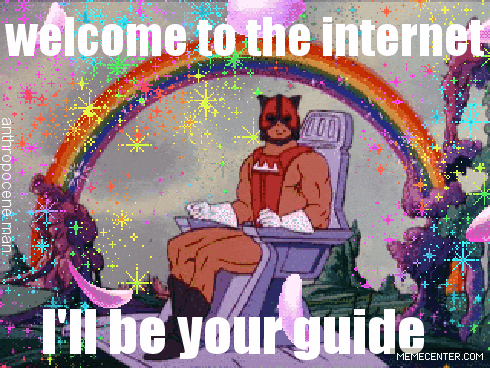
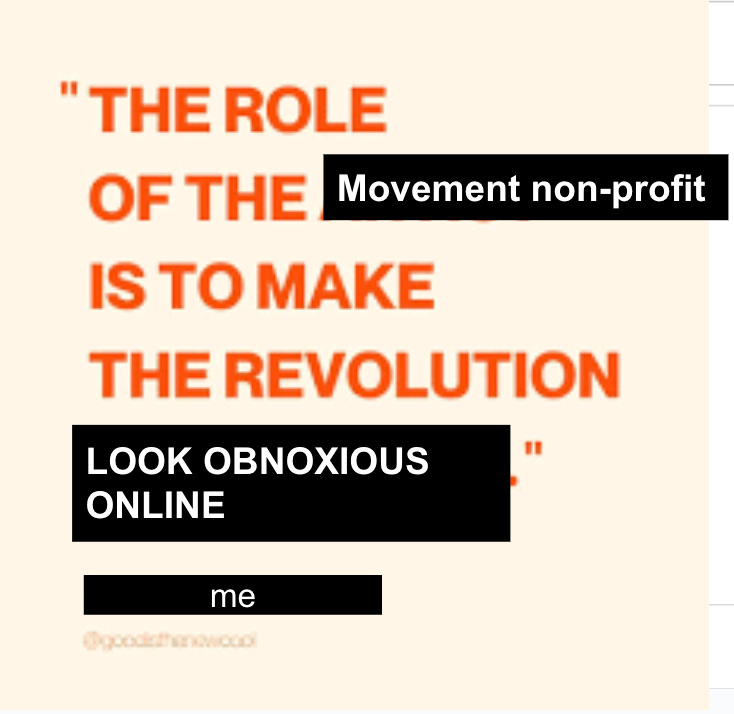
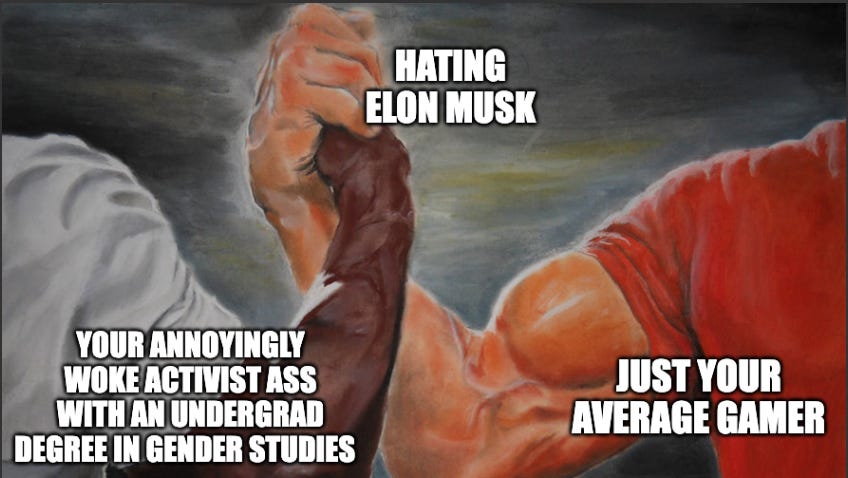
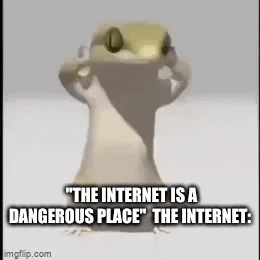


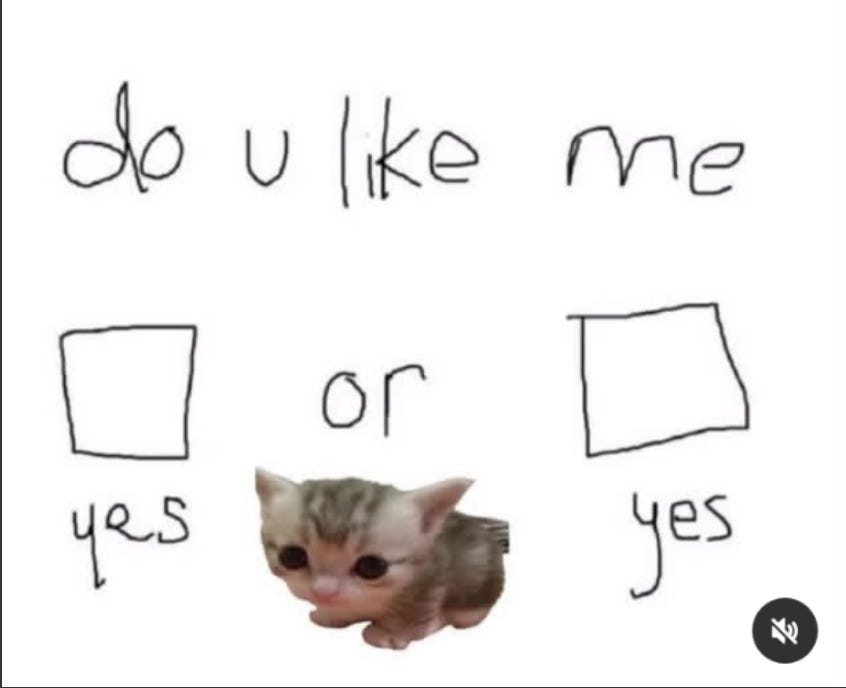
Just wanted to reiterate your point about gaming communities already being vested in a lot of the fights we're working in and seeing the effects face to face, especially as govts worldwide pursue censorship, banning pornography (and widening what falls into the bucket of pornography, age verification/age gating, outright banning young people from the internet or gaming ... it's right in front of them and as you said, giving them an avenue to actually direct that energy is a responsibility we should take seriously. I've found similar energy in fandom/fanwork/fanfiction spaces for similar reasons and these are people who already have internet homes that they are connected to and active in and are using some of the most trafficked websites and tools that still exist